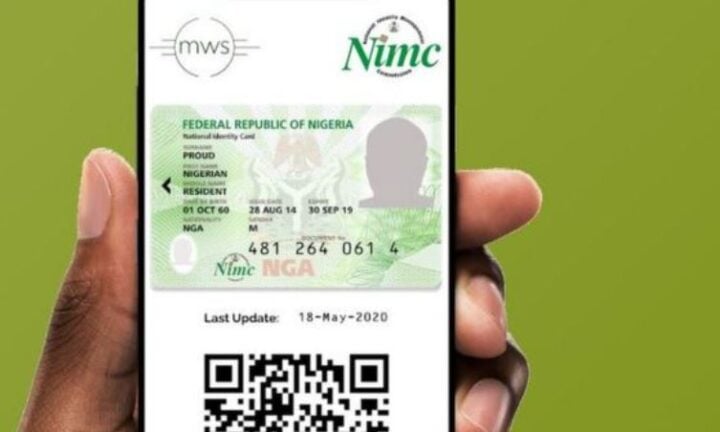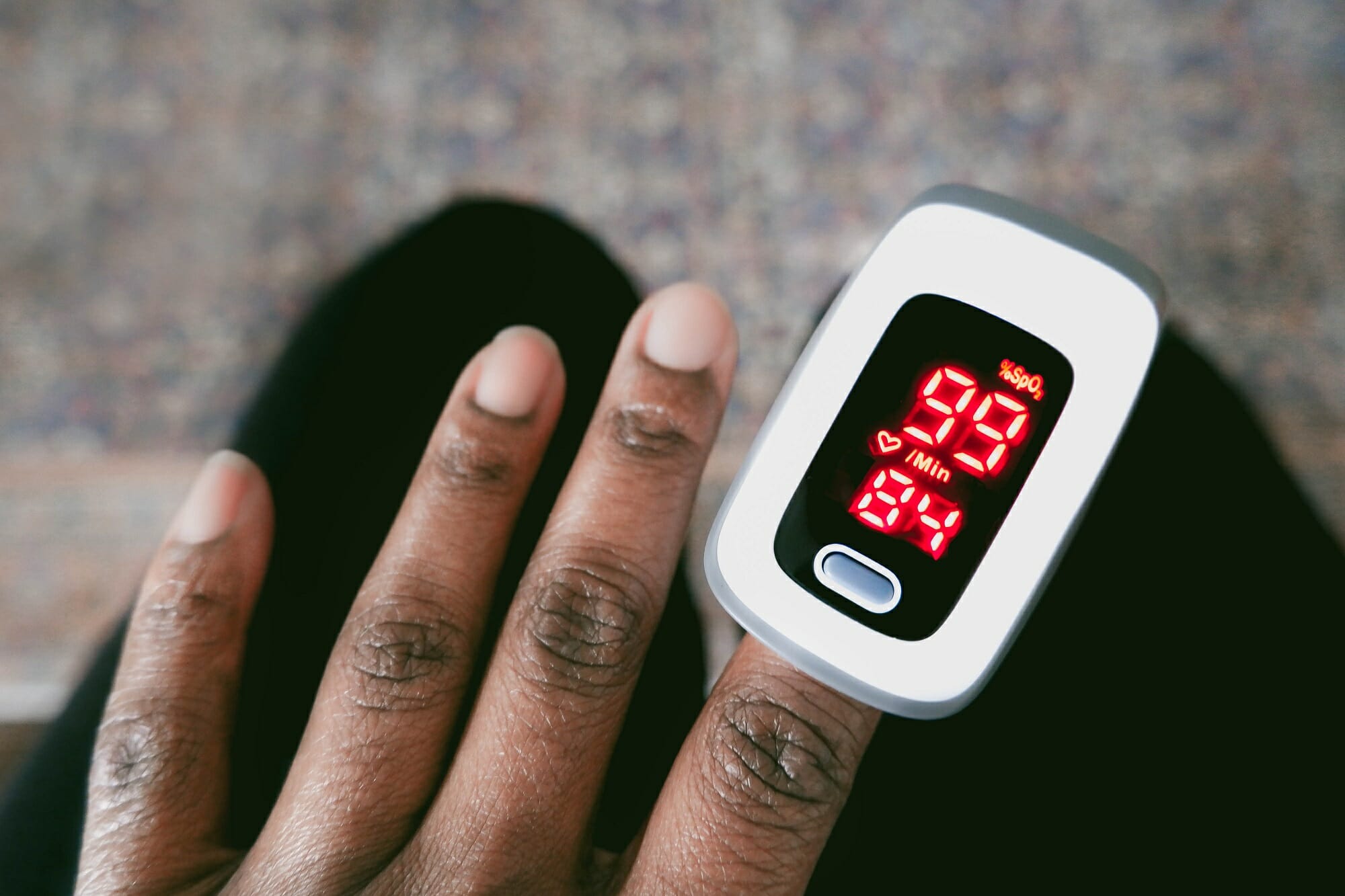BY SIXTUS EKWO
Experts believe that identity management is central to national planning, security and provision of social services, hence the emphasis on national identity schemes in many industrialised countries of the world. However, when it is driven by persecution, tribalism, economic sabotage and aggression, as is the case in some emerging countries, it often meets some resistance from different quarters.
While national identity projects could be built around the geopolitical horizon incorporating diverse communities, the current security challenges facing Nigeria, Africa’s largest democracy, require strengthening existing national identity programmes for the citizens.
There are so many benefits of national identity, such as fostering good governance, promoting economic development, enhancing the physical security of citizens, fostering trust among citizens based on the transparency it provides, and ultimately strengthening democracy.
Advertisement
In the United States, national identity in the form of Social Security Number (SSN) was created in 1936 primarily for tracking the earnings histories of US workers. So far, it has helped the government in determining who is entitled to social security benefits and calculating the benefit levels. SSN is important because you need it to get a job and some other government services. Since the introduction, SSN has expanded substantially, and the importance cannot be overemphasized. Other countries like New Zealand have a similar national identity called Internal Revenue Department (IRD) number.
Nigeria’s banking industry implemented a modern security measure called Bank Verification Number (BVN), which is a biometric identification system implemented by the Central Bank of Nigeria to curb or reduce illegal banking transactions in Nigeria. To date, this has been very effective. On the other hand, the Nigerian government started implementing a national identification project. According to the National Identification Commission website, “the National Identification Number (NIN) is a set of numbers assigned to an individual upon successful enrolment. Enrolment consists of the recording of an individual’s demographic data and capture of the ten (10) fingerprints, head-to-shoulder facial picture, and digital signature, which are all used to cross-check existing data in the National Identity Database to confirm that there is no previous entry of the same data.”
The Big Question
Has the National Identification Commission been able to deliver as promised on their website? How many Nigerians have NIN? For those who have it, what are their benefits? This write-up is not intended to castigate or undermine the beautiful work done so far by the commission, but to highlight the need to engage Nigerian professionals who have spent time to study and implement similar technology in industries or government. For example, where is the database mentioned on the commission’s website located? Modern-day technology is shifting from on-premises data storage to cloud technology.
Advertisement
Some of the advantages of cloud storage are that without the need for hardware, it is exceptionally cheaper per GB when compared to using external drives. Secondly, it gives you access to your files from anywhere that has an internet connection. Third, in the event of a hard drive failure or other hardware malfunction, you can access your files on the cloud. It acts as a backup solution for your local storage on physical drives. Four, when you are working with cloud storage, every time you make changes to a file it will be synced and updated across all of your devices that you access the cloud from. Last, cloud storage provides additional layers of security to their services. Since there are many people with files stored on the cloud, cloud providers go to added lengths to make sure your files don’t get accessed by someone who shouldn’t.
If this is not already in place, is it something that the commission would like to consider? Another question is how is this initiative driven? Is it being handled like the normal day-to-day activities as done in government parastatals in Nigeria? It should be an independent commission operated like a private entity for it to be successful.
Furthermore, is the registration for NIN tied to getting some benefits from the government or opening a bank account? There is a need for a synergy between BVN and NIN. Last, people in the rural areas of Nigeria without internet access or even electricity, how will they have the NIN?
Need for an effective NIN
The insecurity in Nigeria has created an immediate need for a working NIN in Nigeria. NIN with a biometric identification system based on cloud technology, in addition to The Global Positioning System (GPS), will help in tracking kidnappers, armed criminals (known and unknown) as they are often called, and hoodlums, this will provide physical security in Nigeria. Physical security will help in attracting external investors, thereby creating employment opportunities.
Advertisement
The lack of planning has created so much hardship for Nigerians. If you don’t know the population of your country, what indices can you use for the per capita income? Effective NIN will help in having an idea of the population size of Nigeria, help in economic planning and proper distribution of resources based on needs. Implementing effective NIN will help Nigerians in getting jobs. There could be a likelihood of people from other neighbouring countries working in Nigeria illegally. With NIN, there will be an Employment Verification System (EVS) to verify whether an individual is authorised to work in Nigeria or not.
In general, an effective NIN will allow the appropriate Nigeria governmental authorities to monitor the movements and transactions of every registered citizen. The NIN cards could be essential devices to be incorporated into an individual’s driver’s license, birth certificates and bank cards, all into one. Again, proper implementation of NIN could deter terrorists like Boko Haram and other related societal crimes through proper pre-screening and tracking capabilities of Nigerian citizens. This could be achieved by retrieval of important and private information from these cards, having some sort of biometric security and authentication protocols would probably be linked to the cards.
In conclusion, Nigeria needs an effective NIN to help with the struggling economy. The Nigeria banking industry has done so well with BVN and other technologies. National Independence Commission should borrow a leaf from the banking industry. They should start by ensuring that their website is up and running, eliminating discouraging errors while opening some URLs. Again, the commission should engage the services of professionals in implementing the NIN programme. There are so many IT professionals within and outside the country that can team up and make this programme a huge success, and Nigeria can compete favourably with countries like China, India, and other developed countries. If Nigeria can curb corruption and channel resources to this project, the long-term benefit will outweigh the cost.
Ekwo is the chief executive officer of Sixtech Consulting LLC, Charlotte, North Carolina, United states. You can reach him via [email protected]
Advertisement
Views expressed by contributors are strictly personal and not of TheCable.
Add a comment






